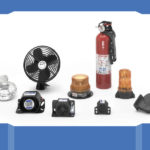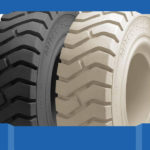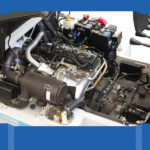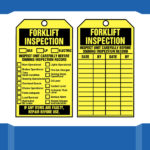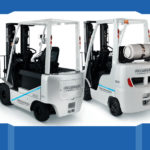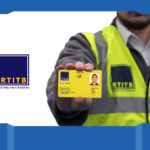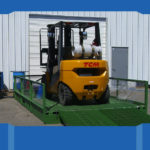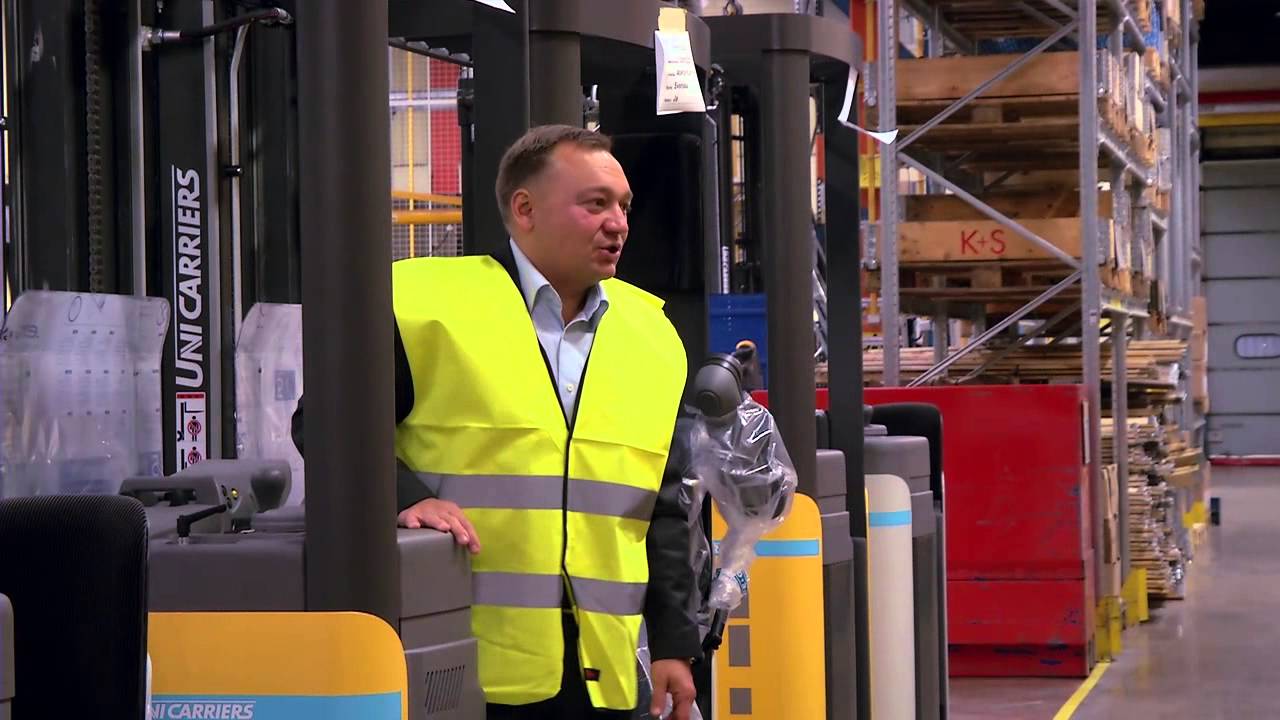
Forklift training in the United States
When a worker reports to work, the employer must evaluate the employee to ensure that he/she is knowledgeable about the operation of the powered industrial trucks he/she will be assigned to operate.
In the U.S., workplace forklift training is governed federally by OSHA the Occupational Safety and Health Administration. In 1999, OSHA updated its 29 CFR 1910.178 regulations governing “Powered Industrial Trucks” (the term OSHA uses to include forklifts among other types of industrial vehicles.) A major component of these regulations deals with forklift operator training. The standard requires employers to develop and implement a training program based on the general principles of safe truck operation, the types of vehicle(s) being used in the workplace, the hazards of the workplace created by the use of the vehicle(s), and the general safety requirements of the OSHA standard. OSHA believes, that trained operators must know how to do the job properly and do it safely as demonstrated by workplace evaluation. Formal (lecture, video, etc.) and practical (demonstration and practical exercises) training must be provided. Employers must also certify that each operator has received the training and evaluate each operator at least once every three years. Prior to operating the truck in the workplace, the employer must evaluate the operator’s performance and determine the operator to be competent to operate a powered industrial truck safely. Refresher training is needed whenever an operator demonstrates a deficiency in the safe operation of the truck.
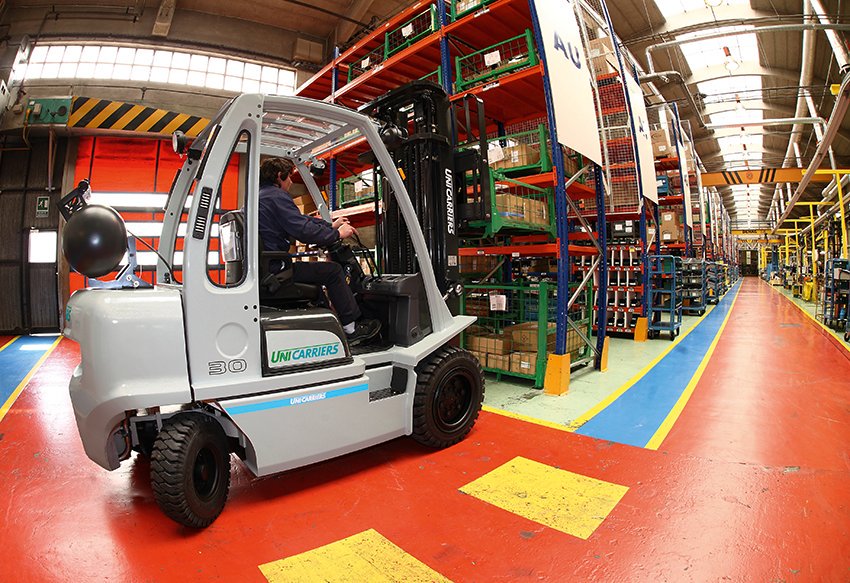
Who should conduct the training?
All training and evaluation must be conducted by persons with the necessary knowledge, training, and experience to train powered industrial truck operators and evaluate their competence. An example of a qualified trainer would be a person who, by possession of a recognized degree, certificate, or professional standing, or who by extensive knowledge, training, and experience has demonstrated the ability to train and evaluate powered industrial truck operators.
There are many resources available to the employer if he/she chooses not to perform the training himself. Truck manufacturers, local safety and health safety organizations, such as the National Safety Council local chapters, private consultants with expertise in powered industrial trucks, local trade and vocational schools are some available resources.
Various Internet sites are devoted to forklift safety. Private companies who provide forklift safety training services, including videos and written programs, can be located on various Internet websites. Most videos can be either leased or purchased. One important thing to remember is that simply by showing employees a video or videos on some aspect of forklift safety does not meet the full requirements of the OSHA standard. Site specific information must be conveyed as well as a method to evaluate the employee’s acquired knowledge subsequent to the training.
If my employees receive training from an outside consultant, how will I know that these employees have been adequately trained?
Outside qualified training organizations can provide evidence that the employee has successfully completed the relevant classroom and practical training. However, each employer must ensure that each powered industrial truck operator is competent to operate a truck safely, as demonstrated by the successful completion of the training and evaluation.
trained operators must know how to do the job properly and do it safely
When a worker reports to work, the employer must evaluate the employee to ensure that he/she is knowledgeable about the operation of the powered industrial trucks he/she will be assigned to operate. This evaluation could be as simple as having a person with the requisite skills, knowledge and experience observe the operator performing several typical operations to ensure that the truck is being operated safely and asking the operator a few questions related to the safe operation of the vehicle. If the operator has operated the same type of equipment before in the same type of environment that he/she will be expected to be working, then duplicative or additional training is not required.
Training and evaluation must be conducted by persons with the knowledge and experience to train industrial truck operators.

